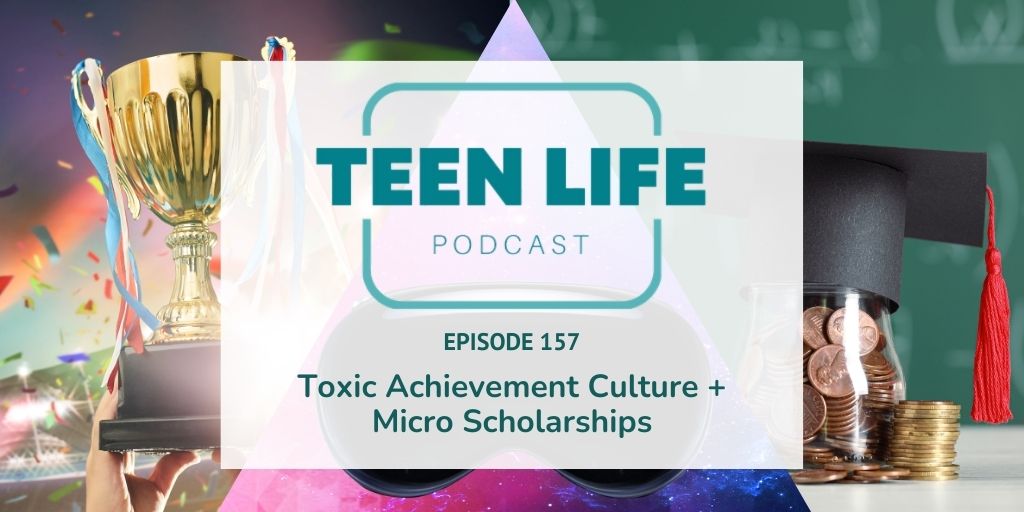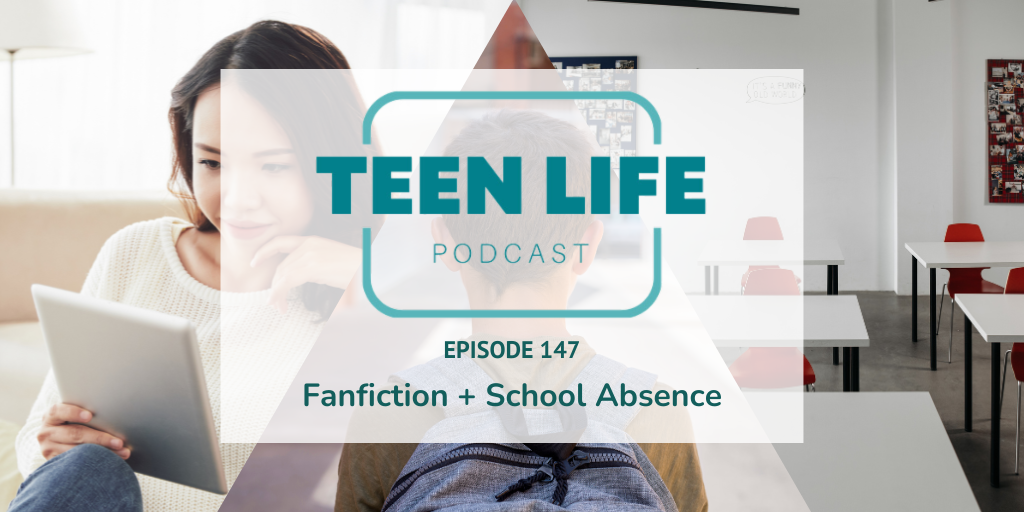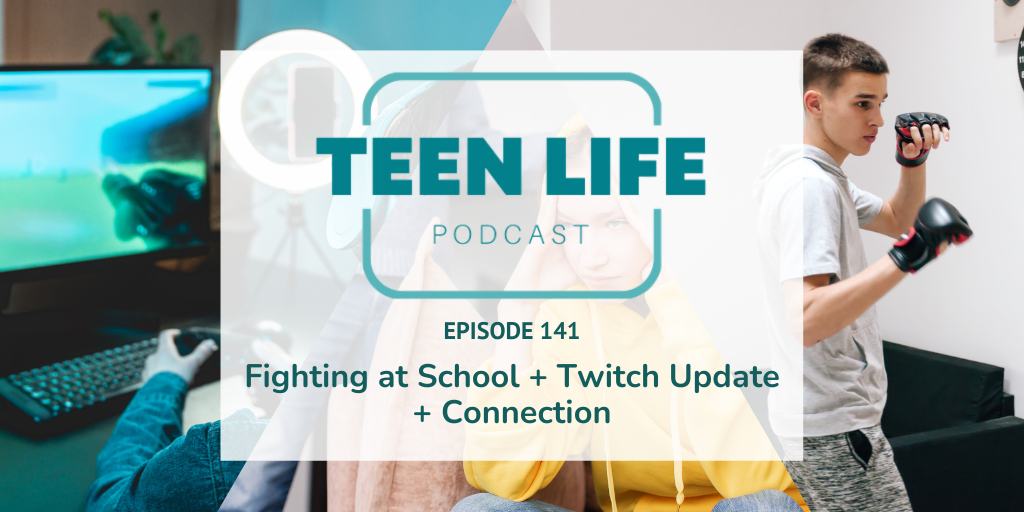What is toxic achievement culture?
Can achievement really be toxic? Jennifer Breheny Wallace says that achievement turns toxic when it becomes the sole determinant of one’s value and identity. In many middle and high schools (and even elementary schools), the pressure of achievement culture has reached alarming levels, leaving a trail of behavioral and mental health challenges in its wake. Research shows that students in so-called high-achieving schools are particularly vulnerable. One example of this was the infamous Varsity Blues Scandal of 2019, where the relentless pursuit of success led to deceit and corruption.
Who’s to blame for toxic achievement culture?
It’s a complex web of pressures emanating from parents, teachers, and institutions alike.
Parents just want what they think is best for their kids- to secure their children’s future. So they inadvertently make things worse by overemphasizing academic success, college admissions, and extracurricular achievements.
Teachers, under pressure to meet educational standards often contribute to the culture of competition and comparison. And schools, both public and private, get caught up in performance metrics that prioritize results over student well-being.
But what can we do to combat this pervasive culture?
Here are some practical tips for both parents and non-parents alike:
Affirm Their Worth
Remind students that their value extends beyond their achievements. A healthy self-esteem is grounded in the belief that they are inherently worthy, regardless of their grades or accolades.
Set Boundaries
Establish clear boundaries around discussions of achievement. For example, limit conversations about college to designated times and durations, ensuring that these discussions don’t overshadow other aspects of life.
Mind Your Words
Be mindful of the way you offer criticism and praise. Avoid overly critical remarks that can erode self-confidence, and refrain from excessively praising achievements, which can reinforce the idea that worth is contingent upon success.
Self-Care is Key
Prioritize your own well-being as a parent or mentor. Build a support system, engage in activities that bring you joy, and prioritize your mental health. Remember, you can’t pour from an empty cup.
Create a Safe Haven
Make home a sanctuary where students feel loved and accepted unconditionally. Let them know that they don’t have to constantly prove themselves to earn your affection.
Validate and Engage
If you’re not a parent, find ways to make teens feel valued and significant. Seek their input, involve them in decision-making processes, and recognize their unique talents and contributions.
Also in this episode:
- The rising use of caffeine pouches.
- Caleb’s take on the Apple Vision Pro.
- One strategy on winning college scholarships adds up.
In this episode, we mentioned or used the following resources about toxic achievement culture and micro scholarships.
- Washington Post: Teens are crumbling under extreme pressure. Parents need to change.
- Amazon: Never Enough: When Achievement Culture Becomes Toxic-and What We Can Do About It
- The Harvard Gazette: How achievement pressure is crushing kids and what to do about it
- CNBC.com: Harvard-trained parenting expert shares No. 1 message for her own kids: There’s no such thing as a ‘good college’
- Ryan Kelly on Instagram: Micro Scholarships
- Podcast music by Luke Cabrera & Tobin Hodges
Have a question?
About Us

Karlie Duke
Communications Director

Tobin Hodges
Program Director

Caleb Hatchett
Podcast Host
Karlie Duke | Director of Communications
Karlie has always had a heart for teenagers. Through her role at Teen Life, she loves to showcase the amazing stories coming out of Support Groups, but she is especially passionate about helping adults and teenagers find connection. Karlie has a BS in Communications with a minor in Family Studies from Abilene Christian University.
Tobin Hodges | Program Director
Tobin’s entire career has been centered around students and teens from all walks of life. He has a passion for helping teens be their best selves. As Program Director, he loves working directly with school staff and students through Teen Life Support Groups. Tobin has a Bachelor’s Degree in Music from Texas Tech University.
Caleb Hatchett | Podcast Co-Host
Caleb loves helping teenagers take ownership of their faith and relationships. He graduated from Abilene Christian University with a degree in Youth and Family Ministry and is currently Student Ministry Director at Jenks Church in Oklahoma.












